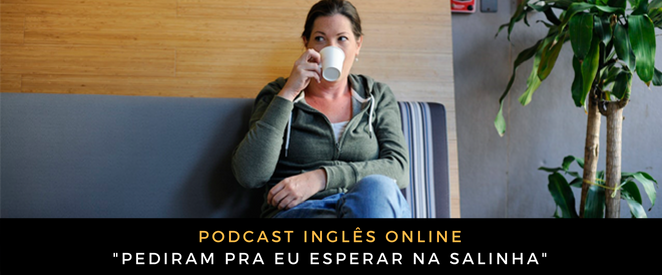Hey Ana,
How about these structure:
He reportedly told police officers he no longer has the will to live and regrets he was ever born.
Source: http://www.breakingnewsenglish.com/1302/130203-santa_maria_fire.html
Hi Ana!!
Yes, I came to Dublin to study english… Can you imagine?! It’s sooo difficult… hahah =) . I’ve been leaving here for a year.
I don’t think I look an Irish…. haha…. I loveee Dublin as well!!!
I was working in a restaurant here in dublin and I was asked if I was irish, so I said: Nooo I’m brazilian!!! =D
Cristiane,
Do you look Irish?
Are you in Dublin studying English? I love Dublin :)
What does the “I kid you NOT mean? Nao estou brincando? ou Estou brincando?
Julio,
It is sort of a cute way to say “I’m not kidding” or “I’m not lying to you”.
It’s sort of funny because it employs an unusual structure – NOT after the verb. Very common, though.
Hi,Ana!I don’t know why,but several times in my life I was asked if i was a teacher.But I never went it.Kisses!!
Jennifer,
That’s happened to me quite a few times too! Well, I am a teacher now so i can answer “yes” ;)
I was asked if I was really a blonde woman.
;)
Last month in travel to India I was asked to open my bag
At least you were asked…! I traveled recently and my bags had been opened without my knowledge (although I was kind of expecting it… airport security)
Hi Ana, I have a question for you. When I’m reading or just talking in english, I feel a pain in my throat, is that normal or not? did you never feel that when you were learning english in the past?
Really nice podcast, thanks !
Hi Lucas,
Hmm… I don’t remember anything like that directly related to English-speaking specifically.
Are you sure it happens only when speaking English? You might be trying to force yourself to produce different sounds maybe??
Thanks for the answer, I’m not feeling it anymore, but I still don’t knowing why it happened.
Oi Ana! Obrigada por esse podcast! Ele esclarece perfeitamente a dúvida que relatei para você dias atrás. So, thanks a lot!
No prob, Caro!


